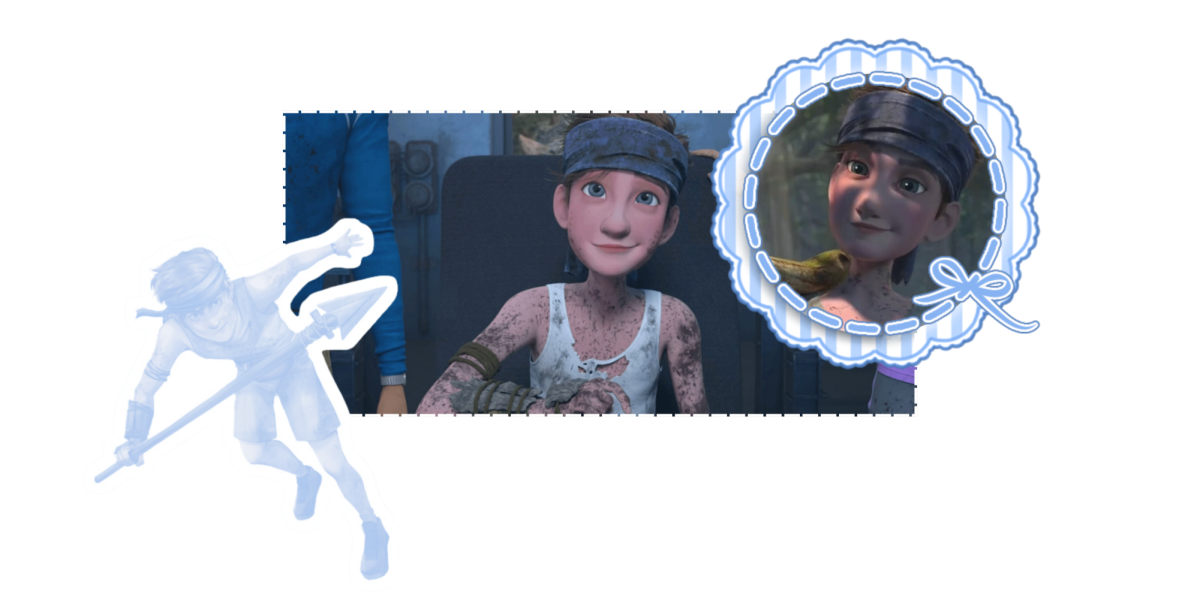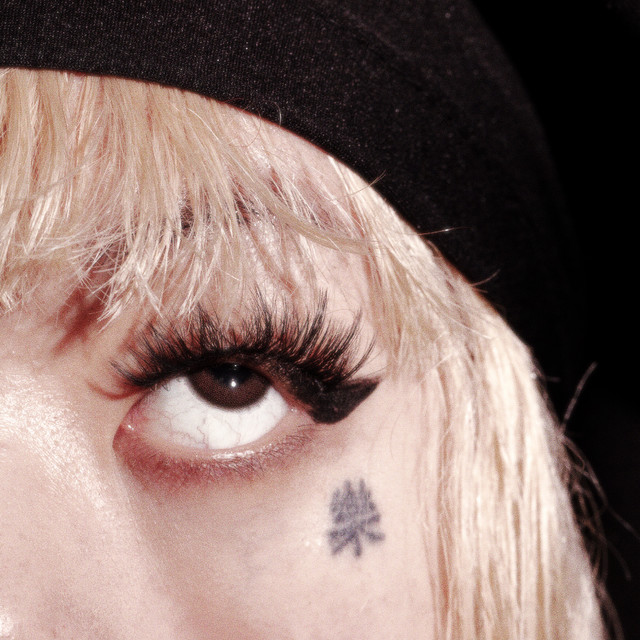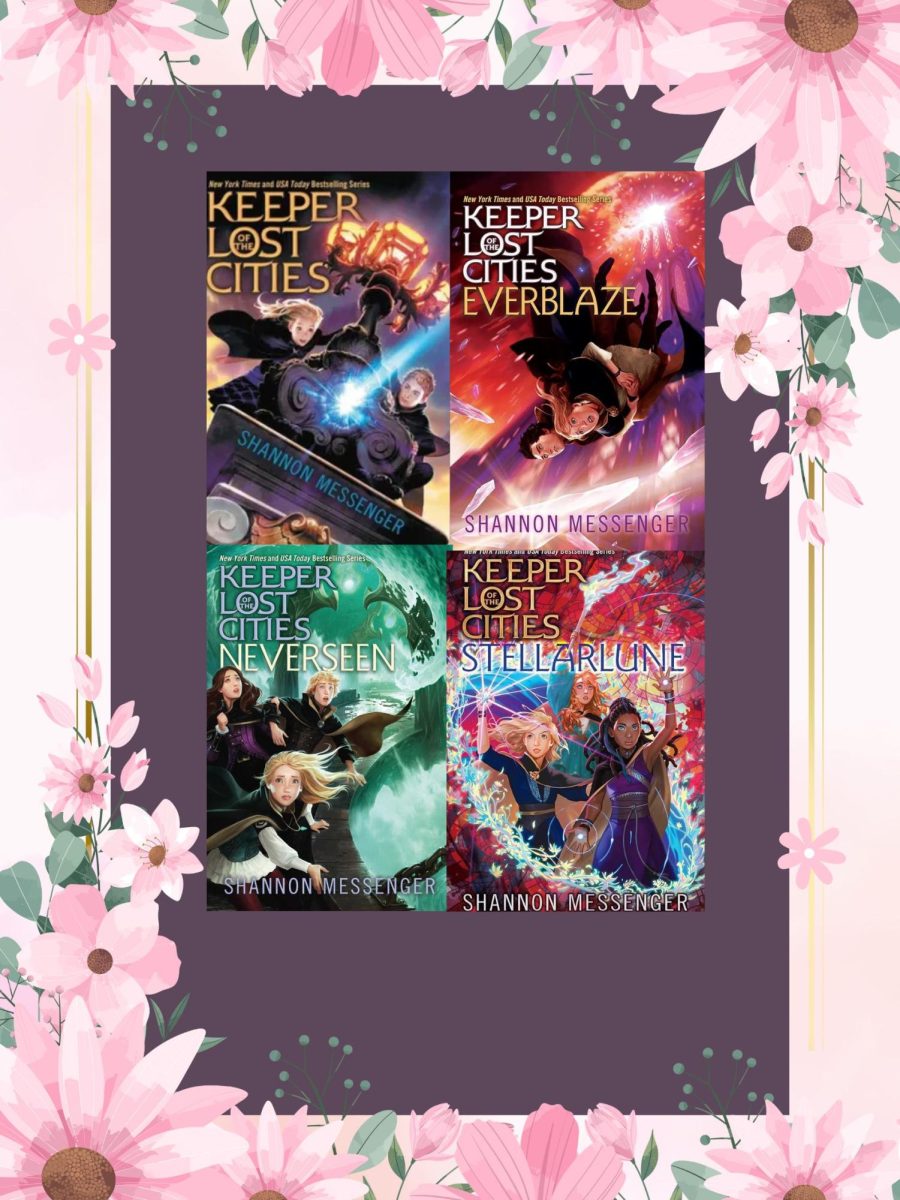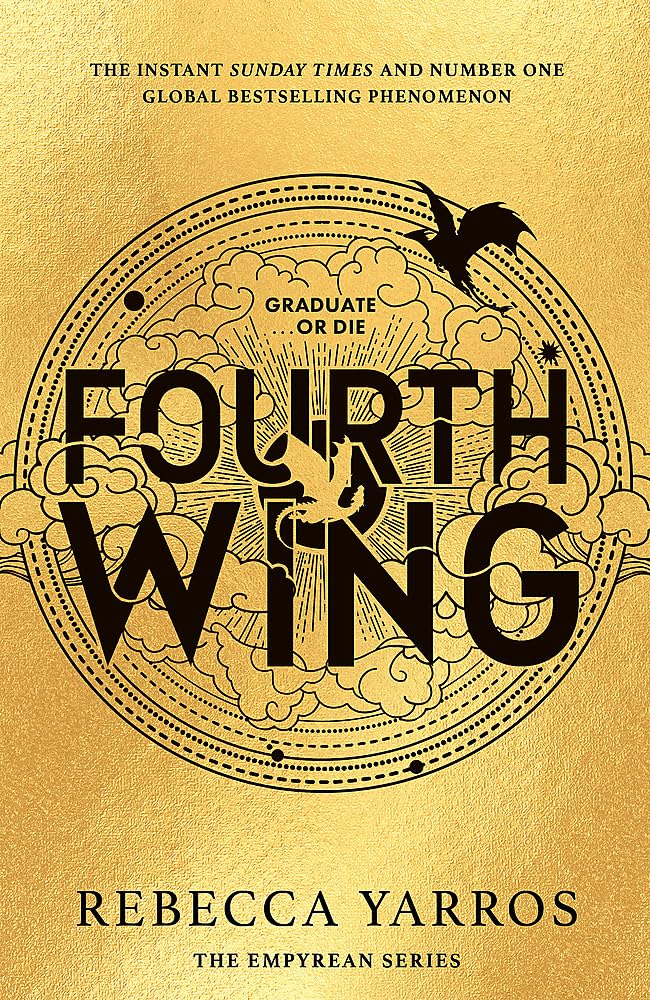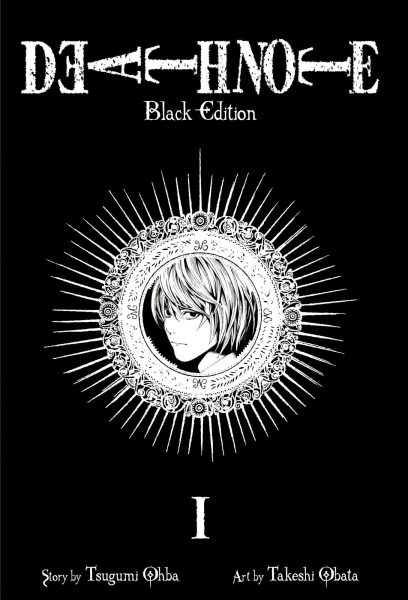
If you had the power to decide who lives and dies, would you use it?
In Death Note (2025) a graphic manga novel written by Tsugumi Ohba and illustrated by Takeshi Obata, Light Yagami is given that power when he stumbles upon the Death Note after school one day. Upon reading, Light laughs at the strange ramblings written in the book, “This is a Death God’s notebook.” ,“The human whose name is written in this note shall die.” His boredom allows him to be tempted by the book. Shockingly, it works! By day 5 of ownership of the book, he writes two pages worth of names.
Days later, sudden supernatural deaths gain the attention of the international police. This leads L, a mysterious and genius detective, to investigate. What Light initially thought was a gimmicky trinket turns out to be the cause of his downfall, from a regular straight-A student to a mass murderer with delusions of a world without criminals.
When reading this manga, you will question morality, the justice system, and the consequences of extreme power. The murders take a mental and physical toll on Light. When he realizes the Death Note is real, he has a total breakdown about killing two or three people. He loses weight, sleep, and spirals out of control. He even adopts the alias Kira after the masses give a name to the supernatural force that starts going after criminals and he begins seeing himself as the future ruler of the world. All this leads to his unethical, childish behavior and him being more susceptible to manipulation by Ryuk, the Death God, who dropped the death note.
It’s interesting to see the parallels between the protagonist, Light and the antagonist, L. They are both really extreme: willing to sacrifice innocent people for what they believe is right (which is ultimately whatever serves them). The only reason you are prompted to root for L is because he happens to be on the “right” side, working with the international police organization. The two feel like the same person but in different circumstances, each a reflection of what the other could’ve been.
This story seems to be anti-capital punishment. Light is acting as judge, jury, and executioner. A real problem with capital punishment is the miscarage of justice. Light decides innocent people are threats and kills them. Our judicial system has convicted innocent people and given them the death penalty, sometimes they are executed before a mistake is noticed. The question sparked is: should capital punishment exist if there is the possibility of killing innocent people? At least with a regular conviction, the punishment can be corrected if unjust.
The pacing is good, there’s a lot of interesting characters, and the story feels suspenseful and mysterious. I felt dread every time there was a character that Light manipulated into telling him their name. I wanted them to be recurring, they were fleshed out with backgrounds and everything only to die a few pages later.
The art is by Takeshi Obata. It’s really beautiful, very gothic, with intricate abstract imagery of roses, and crosses. Ryuk looks… nasty with his stapled-on clothing and bulging eyes, but at the same time, really fashionable. I want his belt. The Shinigami realm looks dead, deserted, disorienting, as I would expect from a world of death gods. I can’t believe everything happened because Light and Ryuk were bored at the same time.
10/10



